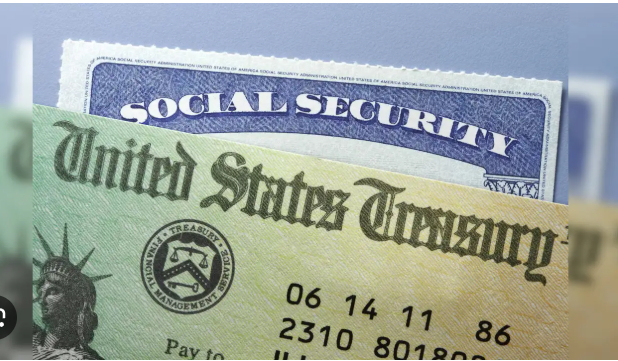Is Your Retirement Check in Jeopardy? Find Out How Late SSDI Payments Can Affect You!
If you’re approaching full retirement age and currently receiving Social Security Disability Insurance (SSDI) benefits, it’s important to know that delays in your disability payments could cause serious problems. A late SSDI payment might result in no new retirement check, leaving you without income during a crucial period.
What Happens When SSDI Benefits Transition to Retirement?
When you reach full retirement age, your Social Security Disability Insurance benefits automatically transition to Social Security retirement benefits. This is a standard process for SSDI recipients. However, if there are any delays in receiving your disability payments, this transition can be thrown off course. The Social Security Administration (SSA) ensures that you can’t receive both SSDI and retirement benefits at the same time. So, if your SSDI payments are delayed, the start of your retirement benefits may also be pushed back.
Why Might Your SSDI Payments Be Delayed?
There are several reasons why SSDI payments might be delayed. The most common reasons include banking issues, SSA processing delays, and eligibility reviews. Let’s break them down:
-
Banking Issues: If you’ve recently changed your bank account information or there’s an error in your account details, your payments could be delayed. This is particularly common if you rely on direct deposit for your SSDI payments.
-
Processing Delays at SSA: Sometimes, the SSA simply gets backed up, leading to delays in processing payments. This might happen due to an overload of cases or administrative bottlenecks.
-
Eligibility Reviews: The SSA periodically reviews disability cases to ensure individuals are still eligible for benefits. If this review process takes longer than expected, it could delay your payments.
-
Administrative Errors: Outdated or incorrect personal information, like addresses or contact details, can lead to payment interruptions. Always keep your details up-to-date to avoid this.
What Does This Mean for You?
![]()
If your SSDI payments are delayed, your transition to retirement benefits could be impacted. This could leave you without income for a period of time, which can be stressful and challenging, especially if you rely on those payments for your daily expenses.
How to Prevent Delays and Keep Your Payments on Track
To avoid these issues, it’s essential to stay proactive. Here are a few steps you can take:
-
Update Your Personal Information: Always make sure the SSA has your current address, bank details, and contact information.
-
Monitor Your Benefit Status: Regularly check your benefits to make sure there are no discrepancies.
-
Respond Promptly to SSA Requests: If the SSA asks for additional documents or information, respond as quickly as possible to prevent delays.
-
Be Aware of Your Transition Period: Know when your full retirement age is and expect the switch from SSDI to retirement benefits.
In conclusion, delays in SSDI payments can cause a ripple effect, disrupting the transition to retirement benefits. By staying informed and keeping your information up to date, you can help prevent unnecessary gaps in income and ensure a smooth transition when the time comes.



Comments are closed, but trackbacks and pingbacks are open.